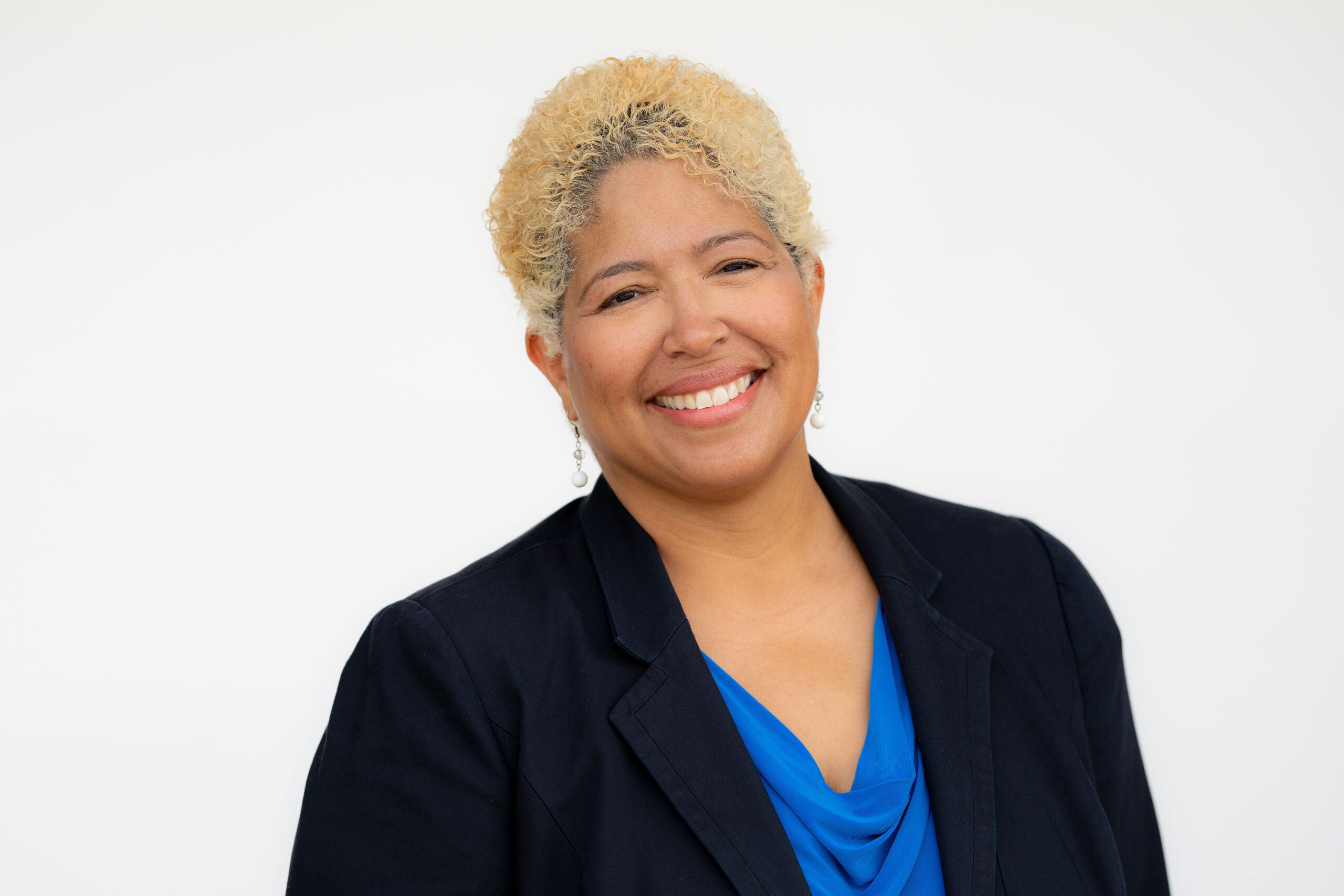Building trust during challenging times, Part I

Interview by Mollie Williams, DrPH, MPH
Dr. Angel Coaston on how mobile clinics build trust and connect marginalized communities with the care they need.
Recent headlines around the state of public health in America paint a grim picture: Substance use disorder rates have spiked since the pandemic; fentanyl and xylazine are causing a wave of overdoses nationwide; and our mental health crisis continues. How can mobile clinics address these big challenges and serve communities in need?
To get answers, we sat down with Dr. Angel Coaston, co-founder and former CEO of Well of Healing Mobile Medical Clinic in Fontana, Calif. and Associate Dean of Clinical Academic Practice Partnerships at California Baptist University.
Here’s what she had to say, in her own words.
Mollie: What do mobile clinics offer to underserved or marginalized communities that bricks-and-mortar hospitals can’t?
Angel: Mobile clinics are clinics on wheels so they allow providers to get out there and drive around to physically see and identify the areas of need in communities. Taking a unit into these areas gives providers the ability to shift [care and services] when the [needs of a ] population shifts. They can make care teams much more responsive.
Mollie: At the Mobile Healthcare Association conference, we heard a jaw-dropping stat that one in four people experiencing homelessness have serious mental illness (SMI). And two out of three have a substance use disorder (SUD). Yet so many of these people are not receiving the care they need. How does trust play a part in delivering service to those who very much need it?
Angel: Your questions take me back to a memory from 15-plus years ago when there was a really tough situation with homelessness in San Bernardino, Calif. After talking to some local officials, it was surprising to learn that they didn’t want us to go out to where people were congregating because there was a fear that we would attract more [people experiencing homelessness.]
But I talked to more people and met with the mayor to figure out a place where we could go … to have a presence and meet the health needs of those experiencing homelessness.
For us as the providers, we had to establish trust with city officials first; and then partner with the city’s homeless liaison because they really knew what was [happening] on the street. They were the boots on the ground and connected to individuals. So, it was important to establish relationships and trust both ways because then we can serve as a trusted bridge between these two sides.
Mollie: Mobile clinics clearly fill a gap in modern medicine. How do they fit into the future of health care?
Angel: I believe that mobile clinics are not a fully tapped resource. They can be at the forefront of organizations and building bridges of trust. We have an opportunity to really grow in that area so that they’re not an afterthought.
When I was doing my literature review for my dissertation, I found an article written in 1972 about mobile clinics serving those with tuberculosis in rural areas. That discovery, that story, in itself, told me that mobile clinics are going to be around indefinitely.
There is always a need for care, so as long as there are humans who have a heart and a passion to serve others, we’ll see mobile clinics doing good work. And serving people who are in need is not just [beneficial] to those in need. I really believe it gives us an opportunity to be taught something about humility and how to love people and not think about ourselves too much.
Mobile clinics can be a non-threatening touchpoint to communities and individuals who may not trust the health system because they lost a family member … or for a number of other reasons.
If mobile clinics were put at the forefront of those health systems, they could be a place where connection happens, friendships are made and then bridges are formed to the health systems. We can’t be completely independent of health systems because we need them. But clinics could create that trusting relationship to bring those who need care over to [receive it].
To learn more about mobile clinics that serve people experiencing homelessness, visit our Impact Tracker and filter by the category “Population Served.”
Mollie Williams, MPH, DrPH is Executive Director of The Family Van and Mobile Health Map and Lecturer of Global Health and Social Medicine at Harvard Medical School. In her free time, she enjoys spending time with her family, traveling, and textile arts.
Angel Coaston Ph.D., RN, FNP, PHN is co-founder and former CEO of Well of Healing Mobile Medical Clinic in Fontana, Calif. and Associate Dean of Clinical Academic Practice Partnerships at California Baptist University.

